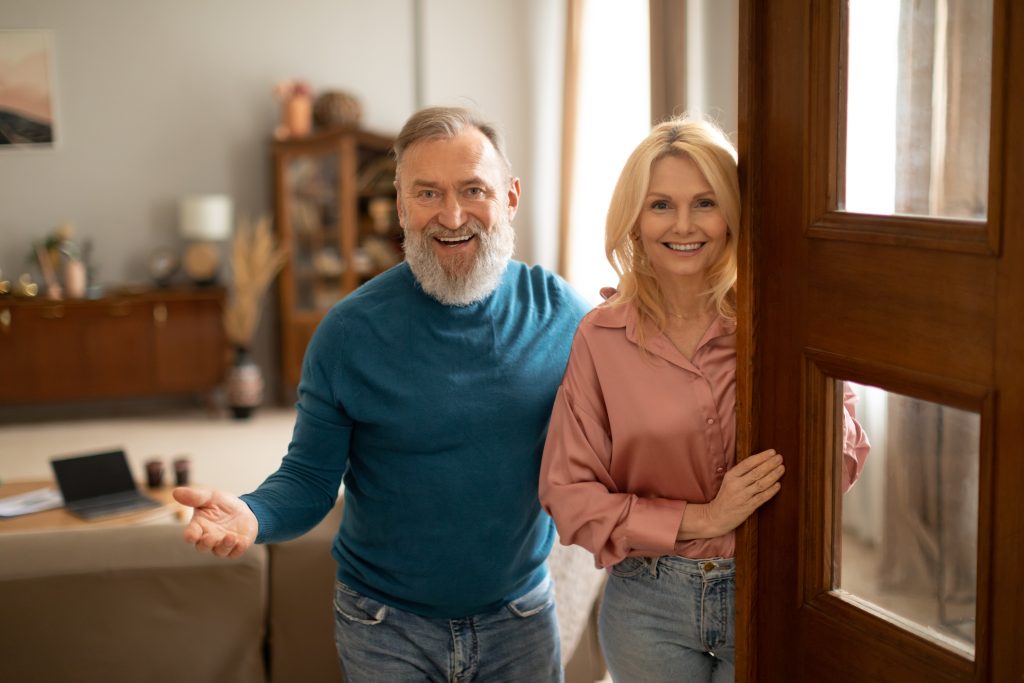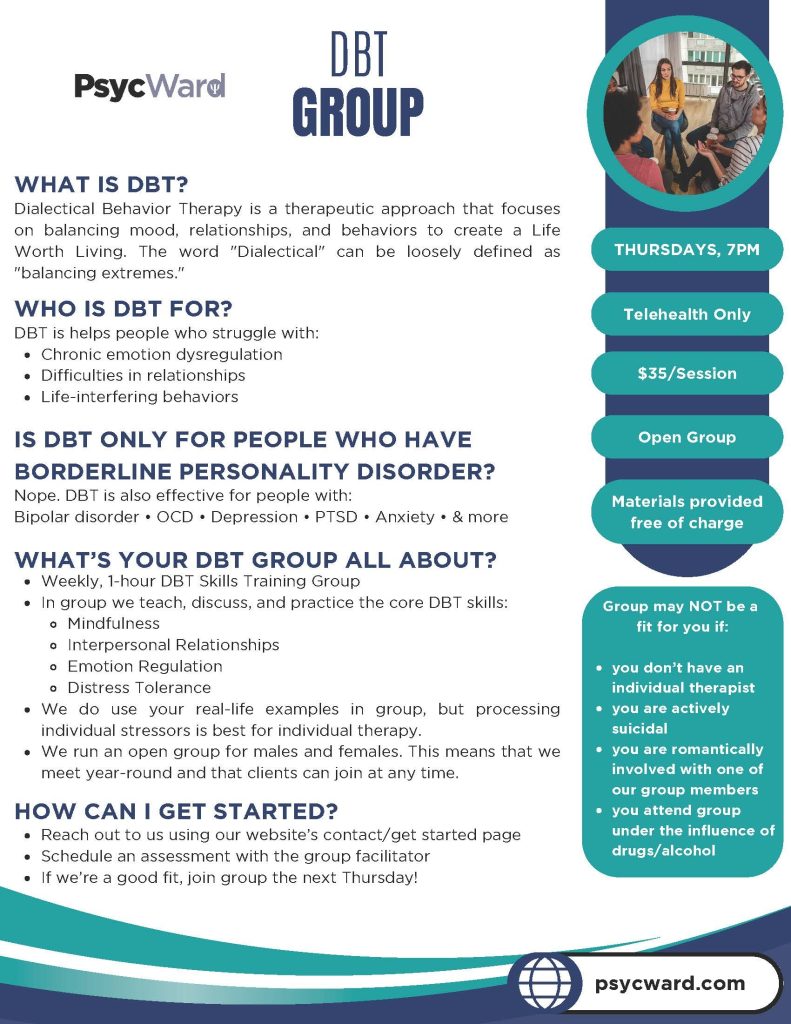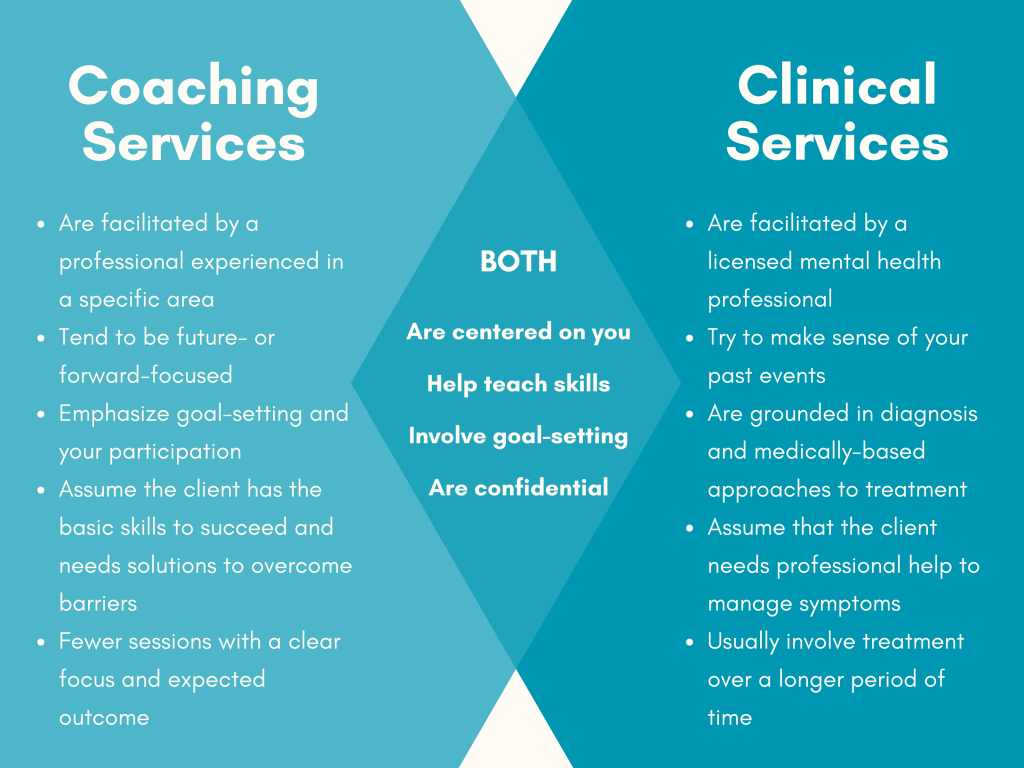It Might Have Killed a Cat or Two, But Curiosity is Your Friend
By Dr. Eric Ward
Being a therapist has, I think, a few similarities to being a police detective. Most of us counselors get into this field in part because we’re insatiably curious about people – what makes them tick? Why do people do what they do? Can they change? What’s going on in their heads? What really happened here? This curiosity leads us to doing a lot of wondering and ultimately asking a lot of questions in our work with clients.
There is a core difference, though, between being a therapist and being a married guy. Instead of trying to figure out how to help the other person change like we do as therapists, your role is to understand her and try to figure out how you can support who she is, if you can give her what she needs, and how you can adjust to her changes to create a stronger relationship. I don’t recommend actually trying to act like a therapist in your marriage. If you aren’t trained as one, your actions won’t be genuine. If you are trained as a counselor, it’s important to remember that you aren’t a counselor for your marriage. Oddly enough, in my experience, married couples who are both therapists are rarely successful in their relationships. They seem to spend far too much time trying to “help the other person change” and far too little time trying to learn who the other person is and what they need to change about themselves to be a better partner. They act like therapists instead of partners or spouses. Same, by the way, with psychologists who try to therapize their kids instead of parenting them.
One of the biggest mistakes I see in couples counseling is that most couples eventually stop being curious about their partner. It’s understandable; we get busy with careers, home responsibilities, raising children and more. We’re tired when we get home from work, we’re busy carting the kids around, and we don’t make the time for the conversations that need to happen to continue to grow and learn how our wives have changed. We assume that our wife is still the person we married and that we can rely on her continuing to think and act the same way she did when we first got married.
When we stop being curious about this person with whom we live, go on vacation, raise children, and argue, we end up in the far too common position of thinking and saying, “I feel like I don’t even know this person anymore.” My usual response in a couple’s therapy session when someone says this is, “You probably don’t; let me explain why.”
Admittedly, the couples I see professionally are coming to my office because they’re struggling, so my perspective on what constitutes the behaviors and patterns of “most couples” is a bit skewed. But this “I don’t know you” theme seems to hold true to even those couples who don’t end up in therapy. Take for example, the stories we all see and hear about couples who end up divorcing after their last child moves out of the house. Becoming empty nesters leaves couples no other option than to spend more time with each other since the kids are now gone. Not only do some married couples discover that they don’t really know each other anymore, some find that they don’t even like each other now that they’re being forced to interact with this “new” person all day every day.
Being curious is more than just wondering about the other person. It involves actively making an attempt to satisfy your curiosity. “I want to know, so I’m going to go find out.” Finding out means I have to go to the source – in the case of my marriage, that means going to my wife. I find myself often asking her questions about her day; it’s more, though, than just asking, “How was work today?” Instead, I might ask how that conflict with a coworker from last week turned out. In part because of my personality and professional training, and in part because I’ve learned the importance of moving beyond the surface level of some topics in my marriage, I find that I’m often asking those deeper questions so I can understand more than just what happened, but also the “why?”
Having these conversations is obviously important. When we begin to feel like we don’t even really know our partner any longer, and we don’t try to correct that, our usual response is to begin to wall ourselves off from them. We stop volunteering information about our lives (why wouldn’t we? This woman has become essentially a stranger, after all) and we begin the very dangerous process of heading in different life directions from our spouse. You can find more information about this topic and more about relationships in “How To Fail As a Husband,” available on Amazon and Audible.








